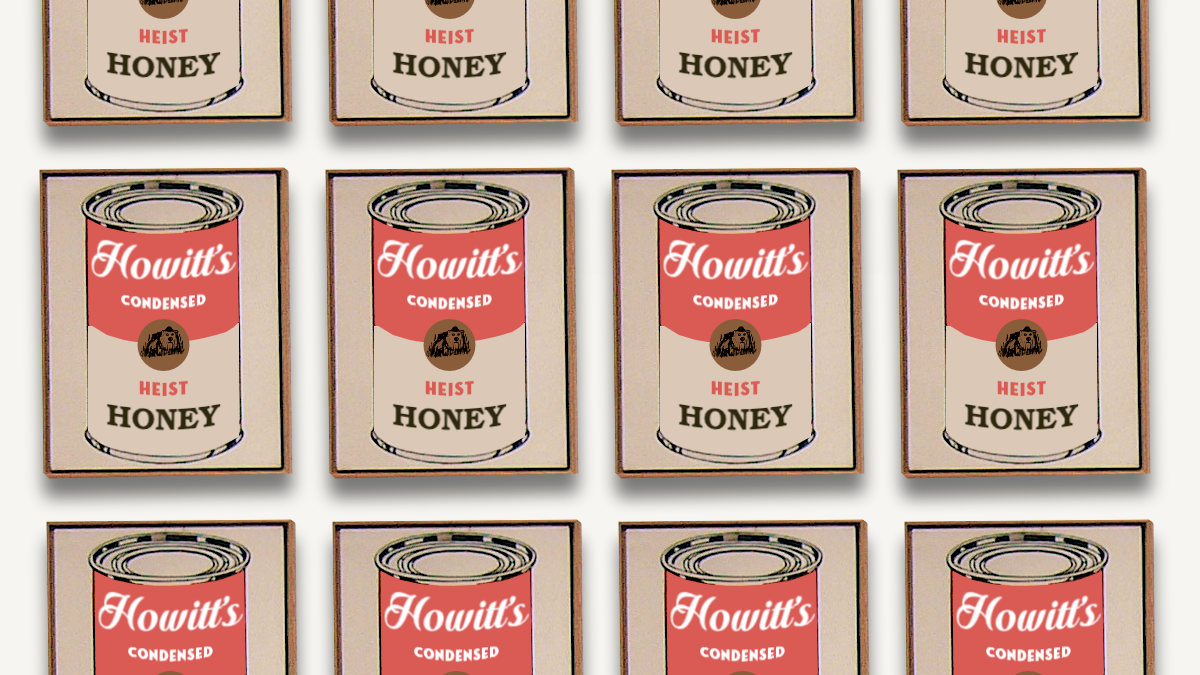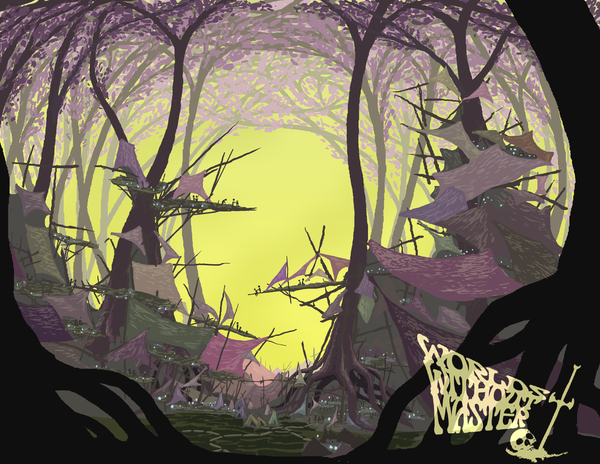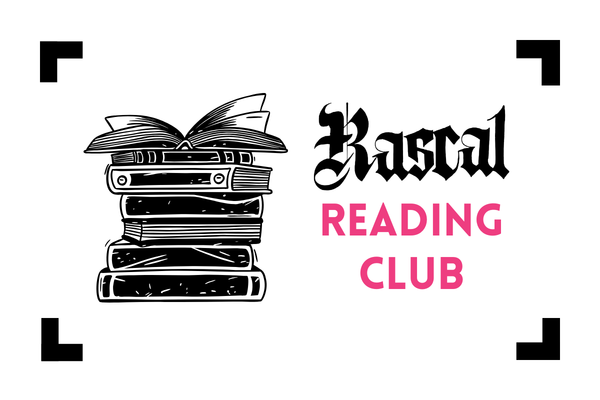One hundred one-page RPGs later, Grant Howitt isn’t ready to quit
Don’t you dare call it a legacy.

Grant Howitt is something of a professional shitposter. Not in the vein of dril or the now maligned horse_ebooks, whose idiosyncratic and absurd missives have since defined a vein of digital dadaism. Rather, the tabletop game designer and co-creator of Rowan, Rook, and Decard has carved an aesthetic out of paper and critter doodles — literally. He began posting one-page RPGs to Twitter roughly a decade ago, photographing his A4-sized scrawlings on a mobile phone, hosting them on Imgur, and then flinging them unceremoniously into the public square.
One of the earliest, and arguably the most influential, was Honey Heist, a ludicrous mix of bears and Ocean’s Eleven where you can roll to give the bears a funny hat. Later games have included raccoons driving cars, himbos solving puzzles, and a legally distinct Air Bud running your marriage and your whole life. Now, to celebrate 100 distinct entries, Howitt is hosting the One Hundred One-Page Game Jam and asking applicants to randomly pick two of his games to mash together into a Frankenstein’s Monster of rules. It is, in his own words, self-indulgent and silly.
But digging a little deeper in an interview with Rascal, the self-styled dice dandy admitted reaching an inflection point as his experiments crossed the triple digit mark. Howitt finds himself increasingly enamored by creative expression that isn’t tied to the financial security of his studio, even as RRD packages the one-page RPGs as a commercial product. What does it mean to celebrate a legacy of shitposts that, over time, morphed into a vehicle for Howitt’s gratitude for his “dedicated perverts” but also his earnest desire to see them pick up the artist’s tools and bash them together for themselves?
Except, don’t call it a legacy — Howitt hates the thought that his games would be injected with any more import beyond a catalyst for telling stories between mates. And yet, it’s hard to ignore how these small RPGs, sometimes slapdash and often gonzo, further carved the grooves that smaller, experimental games now fill in the tabletop industry. The game jam is reciprocal in that way: a decade of stubbornly accessible art gifted to new hands with one paramount decree: “go hog wild and do whatever you like.”
This interview has been edited for length and clarity.





